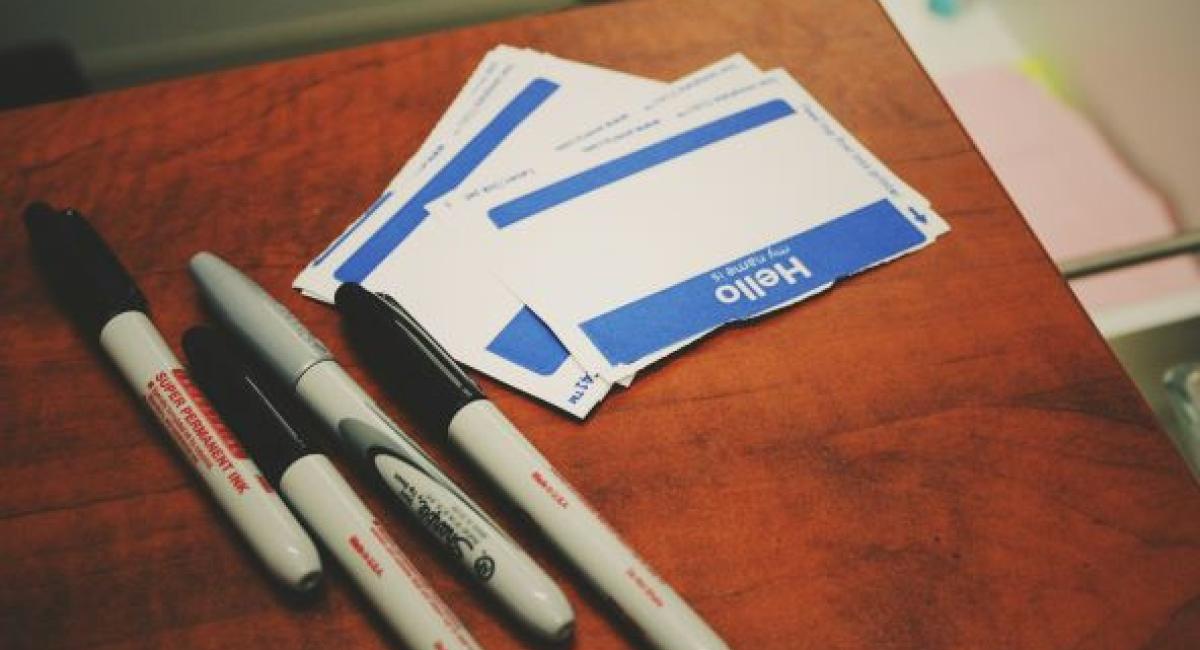Guest Writer: Elaine Diggs, NCC, Career Counselor in OITE's Career Center Last week I was introduced on this blog, and I commented that I was eager to work together with graduate students and fellows to help you “build your career (and) shape the future.” Since I spend considerable time helping trainees who are job hunting , I thought it might be helpful to list some of the common errors I see in reviewing trainees’ job application materials.
Help me help you! Ideas for FAQ
We are currently assembling a “Frequently Asked Questions” link for this blog and would love to hear from YOU!
What questions or concerns do you have, or have you heard about:
…careers in general?
…the current job market?
…the self-assessment process?
…the job search?
…interviewing?
…negotiating?
…career options for scientists?
…other topics?
Post your comments below, and we will respond to you directly or incorporate your ideas in the new link. Thanks in advance for helping us help you!

The Envelope Please...
While in graduate school, two close friends of mine hosted an Oscars party annually with glitzy dresses and formal wear, delicious hors d’oeuvres and drinks, and ballots with blank spaces for us to enter “Who Should Win” and “Who Will Win.” I remember that time fondly, and I still enjoy checking out the nominated films and watching the Oscars for the fashion, the personalities, and occasional drama.
Meet OITE - Elaine Diggs, NCC, NCCC
Prior to coming to NIH, I worked for a dozen years at the American Chemical Society (ACS) in Washington, D.C., where, most recently, I assisted with conducting annual leadership conferences for ACS volunteer leaders. But during most of my time at the ACS, I served in the Department of Career Services, where I recruited and trained volunteer career consultants and personally provided job search assistance, reviewed resumes, conducted mock interviews, and counseled chemists experiencing job loss.
Your Future Interviews: Gaffes v. Glory
Trouble at Work? Put on a Happy Face

Resumes and CVs: Tailor Made
While I have been in career services for over a decade, I still begin each new job search with the same step: I read the job description. Wow--what incredible advice! Good thing you signed up for this feed! This may not especially novel advice, but job descriptions often contain precisely the information you need to set yourself apart from other applicants. Knowledge, skills, and abilities required, experiences or techniques preferred, and other information in the description should be used to demonstrate that you are a viable candidate.
Meet OITE - Dr. Higgins
From time to time, I will introduce members of the staff within the NIH's Office of Intramural Training and Education (OITE). The first of the "Meet OITE" series highlights the background and accomplishments of William J. (Bill) Higgins, faculty member at the University of Maryland and a pre-professional advisor for OITE. William J. (Bill) Higgins
Networking....or Not Working
Last Thursday evening, I gave a talk to university students who are entering the job market this spring. Many of the students expressed anxiety about this market, given recent unemployment statistics. To assist these students in strengthening their prospects, I shared the same strategy I share with every candidate: network, network, network!
I’m sure you’ve heard this advice before, but have you applied it to your own job search? Whether you are looking for a position in drug discovery, science writing, or student services on a university campus, building up a network of contacts in your field of interest in crucial.
Greetings from the author
Hello, and welcome once again to the OITE Careers Blog! My name is Melanie Sinche, and I will serve as this blog’s primary author. Future authors may include Dr. Sharon Milgram, Director of the Office of Intramural Training and Education (OITE), Dr. Patricia Sokolove, Deputy Director of OITE, and others.





